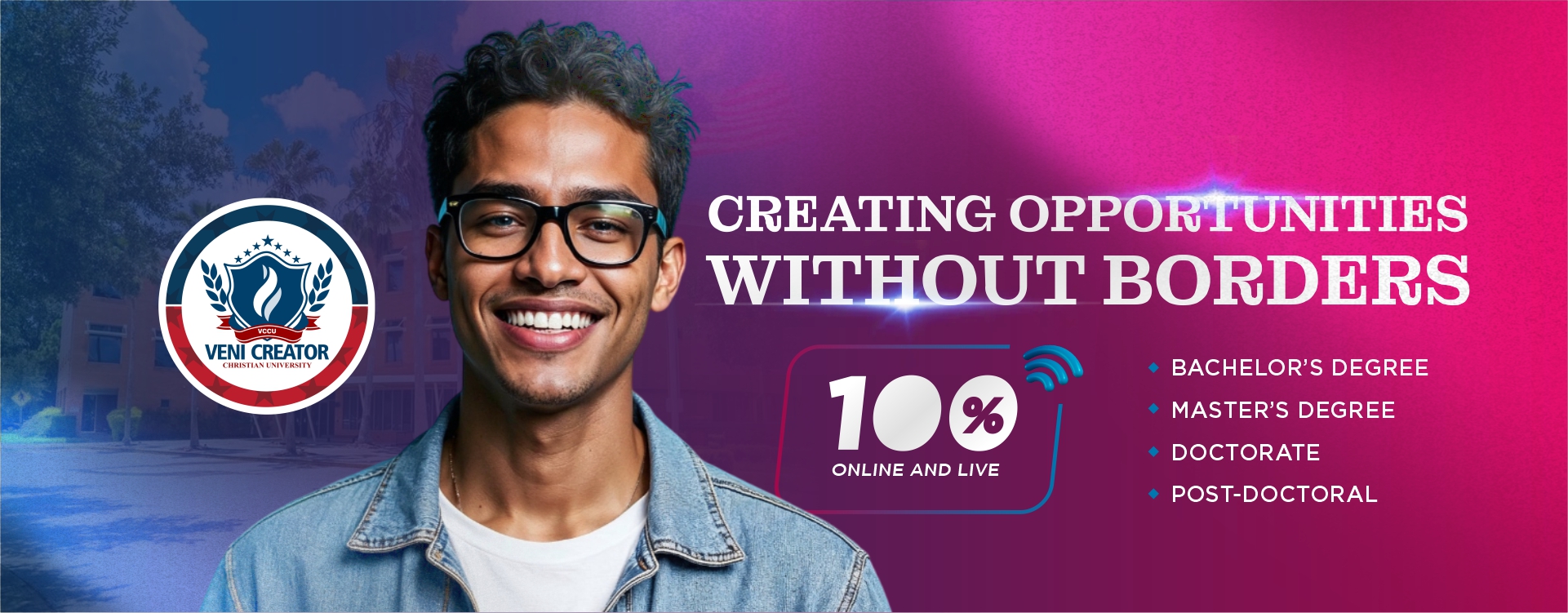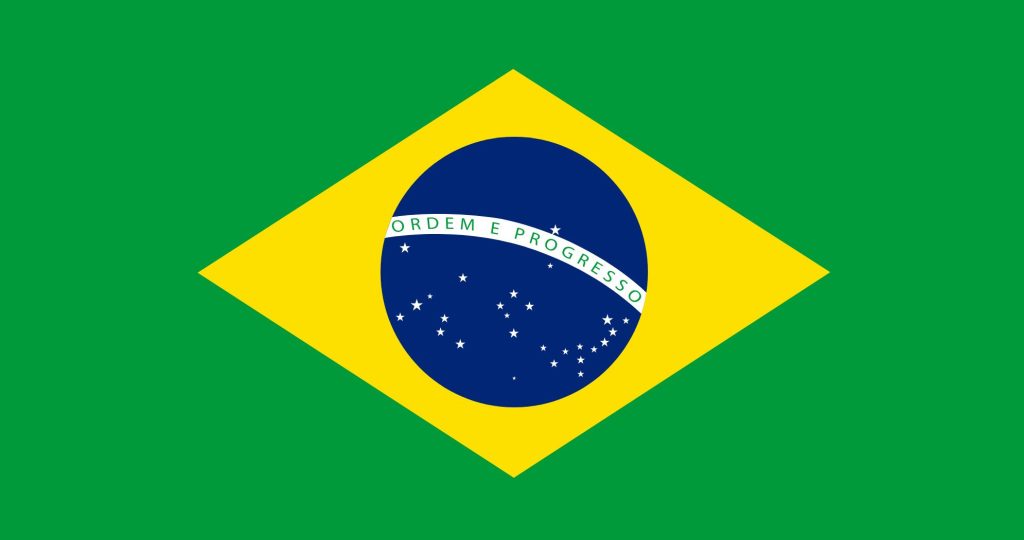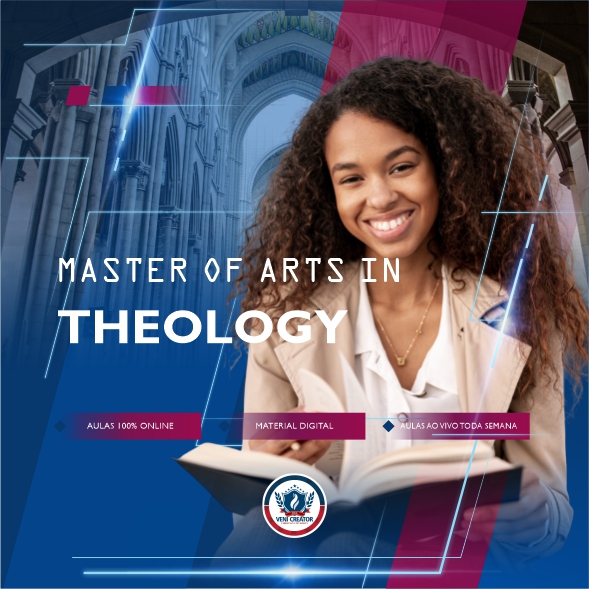
CATALOG OF ACADEMIC PROGRAMS
MASTER OF ARTS IN LEGAL SCIENCES
To develop knowledge that allows them to reflect on the multiple aspects of the legal area, and to develop a critical judgment, which allows them to focus and resolve situations in the field of legal sciences autonomously. This training is based on research and academic rigor, seeking to develop leaders capable of facing contemporary challenges with excellence and foundation.
OBJECTIVES
The Master of Arts in Legal Sciences aims to deepen theoretical and practical knowledge in Law, fostering a critical analysis of legal norms and their application in society. The program seeks to prepare professionals for academic research, teaching, and enhancement of legal practice, encouraging interdisciplinary reflection and the development of innovative solutions for contemporary legal challenges.
LINES OF RESEARCH
Line 1: Religious Law, Freedom and Laity;
Line 2: Theories of Justice and Effectiveness of Justice;
Line 3: Environmental Law, Transnationality and Sustainability;
Line 4: Human Rights and Society
ESTIMATED DURATION OF 24 MONYHS. BEING
● Stage 1 – courses / components;
● Stage 2 – for the preparation of the senior paper under direct guidance of an advisor;
The examination board will take place after the above-mentioned steps have been completed. If the student does not complete the thesis, they must enter into a contractual addendum and continue paying the course fees;
The student must make at least 03 (three) academic publications during the study period, these must be published in magazines with relevance index.
The student must complete an additional workload in participating in academic events and lifelong education and extension courses to form the academic-scientific curriculum.
COURSEWORK PLAN
STAGE 1:
Course / Components
– General Theory of Law – 45h – 3 Credits
– Comparative Law – 45h – 3 Credits
– Ethics and Christianity – 45h – 3 Credits
– Theological Anthropology – 45h – 3 Credits
– Constitutional Democracy and Human Rights* – 45h – 3 Credits
– Contemporary Constitutionalism – 45h – 3 Credits
– Political Development: Democracy, Rule of Law and Citizenship – 45h – 3 Credits
– Fundamental Rights, Access to Justice and New Rights* – 45h – 3 Credits
– Social Inclusion, Protection and Defense of Human Rights – 45h – 3 Credits
– Socio-environmental Sustainability of Development – 45h – 3 Credits
– Minority Studies, Religious Diversity and Social Equity – 45h – 3 Credits
– Integrative Seminar – 45h – 3 Credits
– Methodology of Scientific Research in Social Sciences – 45h – 3 Credits
– Higher Education Methodology – 45h – 3 Credits
Total: 630h – 42 Credits
STAGE 2:
Orientation Stage
– Research and Development of the Thesis/Dissertation – 465h
– Qualification of the Thesis/Dissertation – 1 Credits
– Presentation of the Thesis/Dissertation
– Foreign Language Proficiency
Total: 465h – 1 Credits
MASTER OF ARTS IN EDUCATION SCIENCES
To develop in graduate students the necessary conditions to carry out research that contributes to a permanent scientific and didactic improvement in the field of Education, training qualified professionals to act as researchers, teachers and managers.
OBJECTIVES
The Master’s in Educational Sciences aims to deepen knowledge of educational processes, public policies, and teaching methodologies, fostering a critical and innovative reflection on the role of education in society. The program seeks to prepare professionals for academic research, teaching, and educational management, encouraging the development of effective pedagogical practices and solutions for contemporary educational challenges.
LINES OF RESEARCH
Line 1: Christian Education, Culture and Transdisciplinarity;
Line 2: Public Policies and Special and Inclusive Education;
Line 3: Theory and Philosophy of Education;
Line 4: Transformation and Complexification of Education in Contemporaneity.
ESTIMATED DURATION OF 24 MONYHS. BEING
● Stage 1 – course disciplines;
● Stage 2 – for the preparation of the final work (dissertation or thesis) by direct supervision;
The examining board takes place after the completion of the aforementioned steps. If the student does not complete the work, he will make a contractual addendum and continue to pay the course fees;
The student must make at least 03 (three) academic publications during the study period, which must be in journals with a relevance index.
The student must comply with an additional workload in the participation of academic events and continuing education and extension courses for the composition of the academic-scientific curriculum of the latter.
COURSEWORK PLAN
STAGE 1:
Course / Components
– Epistemological Aspects of Education I – 45h – 3 Credits
– New Contexts and Dynamics of Teaching-Learning – 45h – 3 Credits
– History and Philosophy of Education – 45h – 3 Credits
– Fundamentals of Inclusive Education – 45h – 3 Credits
– Education and Confirmation – 45h – 3 Credits
– Inclusion and diversity from a Christian perspective – 45h – 3 Credits
– New paradigms for Religious Education – 45h – 3 Credits
– Interdisciplinarity and Connection of Knowledge in Contemporaneity – 45h – 3 Credits
– Pedagogical Practices and New Teaching Methodologies – 45h – 3 Credits
– Education and Society in Transformation – 45h – 3 Credits
– Technological Advancement and Education: Impacts and Transformations – 45h – 3 Credits
– Higher Education Methodology – 45h – 3 Credits
– Methodology of Scientific Research in Education – 45h – 3 Credits
– Integrator Seminar – 45h – 3 Credits
Total: 630h – 42 Credits
STAGE 2:
Orientation Stage
– Research and Development of the Thesis/Dissertation – 465h
– Qualification of the Thesis/Dissertation
– Presentation of the Thesis/Dissertation – 1 Credits
– Foreign Language Proficiency
Total: 465h – 1 Credits
MASTER IN PUBLIC HEALTH
To deepen knowledge about the Sciences that support the understanding of research on the determinants of social production, diseases, epidemics, and the organization of health services, according to the model of care and support recommended by official bodies. The course provides an approach based on the whole person formation and Christian Principles
OBJECTIVES
The Master of Public Health program aims to prepare professionals for critical analysis and the application of strategies focused on public health promotion. The course deepens knowledge on health policies, epidemiology, healthcare system management, and social factors influencing population well-being. Additionally, it seeks to foster academic research and the development of innovative solutions for contemporary health challenges.
CORE AREAS
CA 1: Society, Health and Sustainability
CA 2: Health, Life Cycles, Gender and Society
CA 3: Epidemiology and Control of Communicable Diseases
ESTIMATED DURATION OF 24 MONYHS. BEING
● Stage 1 – courses / components;
● Stage 2 – for the preparation of the senior paper under direct guidance of an advisor;
The examination board will take place after the above-mentioned steps have been completed. If the student does not complete the thesis, they must enter into a contractual addendum and continue paying the course fees;
The student must make at least 03 (three) academic publications during the study period, these must be published in magazines with relevance index.
The student must complete an additional workload in participating in academic events and lifelong education and extension courses to form the academic-scientific curriculum.
COURSEWORK PLAN
STAGE 1:
Course / Components
— Fundamentals of Public Health and Principles of Epidemiology – 30h – 2 Credits
– Ethics and Social Responsibility – 30h – 2 Credits
– Health Surveillance – 30h – 2 Credits
– Integrator Seminar – 30h – 2 Credits
– Health and Christianity – 30h – 2 Credits
– Demography and Advanced Statistical Methods Applied to Health – 60h – 4 Credits
– Planning Applied to Health Services – 30h – 2 Credits
– Higher Education Methodology I – 30h – 2 Credits
– Techniques for Developing Health Research Projects Health – 60h – 4 Credits
– Research Project – 30h – 2 Credits
– Public Health Policies – 45h – 3 Credits
– Society, Health and Sustainability – 45h – 3 Credits
– Health, Life Cycles, Gender and Society – 45h – 3 Credits
– Epidemiology and Control of Communicable Diseases – 45h – 3 Credits
Total: 780h – 37 Credits
STAGE 2:
Orientation Stage
– Research and Development of the Thesis/Dissertation – 465h
– Qualification of the Thesis/Dissertation
– Presentation of the Thesis/Dissertation – 1 Credits
– Foreign Language Proficiency
Total: 465h – 1 Credits
MASTER OF ARTS IN THEOLOGY
The Master of Arts in Theology equips students to critically analyze global religious phenomena through the lens of cultural diversity. This interdisciplinary program combines rigorous academic research with practical engagement, preparing graduates to address contemporary religious challenges in professional, educational, and intercultural contexts.
OBJECTIVES
Provide theological training through biblical scholarship and practical ministry skills.
Integrate critical analysis, spiritual growth, and ethical leadership into professional development.
Prepare graduates for roles in Youth Ministry, Pastoral Leadership, Nonprofit Management, Religious Education, or Campus Ministry
CORE AREAS
CA 1: Religion, Culture, and Symbolic Systems;
CA 2: Religious Pluralism, Dialogue, and Language;
CA 3: Religion, Education, Culture, and Contemporaneity.
ESTIMATED DURATION OF 24 MONYHS. BEING
● Stage 1 – courses / components;
● Stage 2 – for the preparation of the senior paper under direct guidance of an advisor;
The examination board will take place after the above-mentioned steps have been completed. If the student does not complete the thesis, they must enter into a contractual addendum and continue paying the course fees;
The student must make at least 03 (three) academic publications during the study period, these must be published in magazines with relevance index.
The student must complete an additional workload in participating in academic events and lifelong education and extension courses to form the academic-scientific curriculum.
COURSEWORK PLAN
STAGE 1:
Course / Components
– Epistemiology of Religious Sciences – 30h – 2 Credits
– Contemporary Ethos and Religion – 45h – 3 Credits
– Higher Education Methodology I – 45h – 3 Credits
– Scientific Research Methodology Applied to Religion Sciences – 45h – 3 Credits
– Nihilism and Religion – 30h – 2 Credits
– Hermeneutics of Religion I – 60h – 4 Credits
– Law of Religion – 30h – 2 Credits
– Integrator Seminar – 30h – 2 Credits
– Religion, Gender, and Body as a Symbolic System – 45h – 3 Credits
– Pluralism, Dialogue and Language – 45h – 3 Credits
– Religion and Contemporary – 45h – 3 Credits
Total: 495h – 33 Credits
STAGE 2:
Orientation Stage
– Senior Thesis Research and Development – 465h
– Senior Thesis Qualification
– Presentation of the Thesis – 1 Credits
– Foreign Language Proficiency
Total: 465h – 1 Credits
REGISTRATION FORM
PREREQUISITES
Bachelor’s or Licenciatura level degree of at least three years with a minimum workload of 2400 hours.
– It is preferable that the undergraduate degree be in the same field of study as the master’s degree or similar;
– It is mandatory that the candidate has their degree diploma and transcript in their possession in order to begin the application procedures.
Note: Bachelor’s degrees (of any length) are not accepted according to the admission rules of the State of Florida’s academic bodies.
LANGUAGEN
Modality: 100% online
Duration: 24 months (depending on the program chosen), divided into:
Stage 1: content subjects (5 weeks each subject) = 15 months;
Stage 2: Final Conclusion Work (TCF) = 9 months.
MODALITY AND DURATION
Modality: 100% online
Duration: 24 months (depending on the program chosen), divided into:
Stage 1: content subjects (5 weeks each subject) = 15 months;
Stage 2: Final Conclusion Work (TCF) = 9 months.

One of our consultants will contact you shortly
- ©2025 | VCCU – Veni Creator Christian University - All rights reserved | Federal Register: P1900076677 | FEIN/EN nº 37-1955767
- 800 Celebration Ave, suíte 305/306- Celebration - FL , 34747







